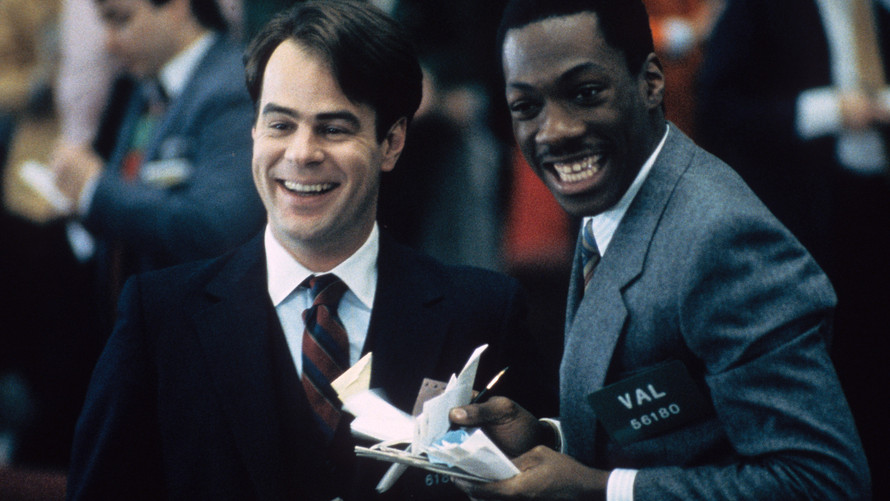
Nine years in, the bloom is decidedly off the rose for U.S. stock investors SPX, +1.55% While experts disagree whether we’re in a bear market, volatility is definitely back in a big way.
Stock indexes have fallen by hundreds of points, recovered, then fallen out of bed again. It’s frustrating, naturally.
The urge to sell in a rough market can be overwhelming. But selling can be a costly mistake.
Remember, every seller needs a buyer. When stocks fall, someone is buying up those shares.
Who’s buying? People and institutions that take a longer view. They’re absolutely right to do so, according to new research from the National Bureau of Economic Research (NBER).
You might know the NBER as the group that determines the official beginnings and ends of recessions. But they do a lot of other work, much of it deep-dive statistical studies of economics and markets.
Keep more
In this case, researchers looked at the performance of groups of investors in the Indian stock market.
What they wanted to know was, how do the rich get richer in the stock market?
The answer, simply enough, is that they take the long view, that is, they hold stocks through downturns.
Interestingly, small investors who took bigger risks tended to do better in terms of return. They made more money.
Yet more conservative investors, while getting a lower overall return, still did better over time. In effect, they kept more money.
Staying in the market is easy for them, you might say, they’re rich! But turn that argument on its head for a moment.
What if instead they’re rich because it’s easy for them to stay in the market, and it’s easy to stay in because they make less risky investments.
Chasing performance
That’s the argument many small investors don’t want to hear. Nobody likes to think they’re taking unnecessary risk.
Yet that’s what many small investors do. They buy fashionable stocks. They chase performance. And then they panic when markets stop going up.
The path to riches in the stock market, frankly, is boring. It requires diversification, steady reinvestment and sticking with it — even when stocks go down from time to time.
A pattern of steady, slightly lower returns results in compounding. A moderate stock market return doubles your money every decade or so.
That means $100 turns into $200, then turns into $400, then $800 and so on. This happens naturally, just by staying in through the inevitable declines.
You probably don’t want to hear this on a day when the stock market is down. But you know in your gut it’s the right way to invest.
And now you know it’s the way rich investors get richer, year after year.

